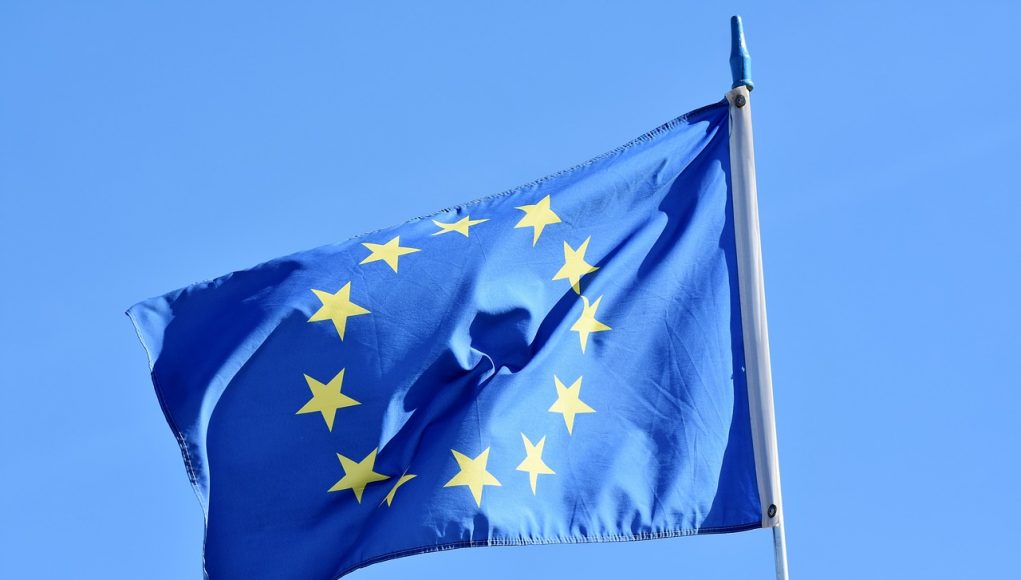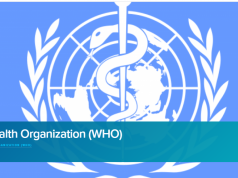Martin Seychell, deputy director-general for health and food safety, argues that preventing addiction should be public health’s main objective. “We should promote the concept that people should not be addicted at the first place. In a few words, prevention of addiction.”
“Tobacco consumption still causes a lot of deaths, which would be easily preventable. On novel tobacco products specifically, the legislation is very clear. We have adopted a cautious approach about these products,” he emphasized.
Several anti-smoking researchers across Europe have criticized the EU TPD for being anti-harm reduction. Following the introduction of the TPD in the UK, many public health experts were concerned that with all the restrictions set in place, those seasoned smokers who had switched to vaping, would revert back to smoking. Sadly, recent data indicate that this may just be the case.
The WHO’s stance is even more stiff
Within the EU, e-cigarettes are recognized as being “less damaging” than regular cigarettes, however Seychell is still urging the public to exercise caution, and not use the devices as smoking cessation tools.
“We have introduced in the TPD a pre-market notification so that products have to be notified to authorities before they are placed on the market,” he said, adding, “Member states are also granted on a case-by-case basis and depending on the public health objective the possibility to prohibit these products if they feel and have evidence that they are causing a negative impact on public health.”
What data actually show
In the meantime, in the UK where the devices have been famously endorsed as smoking cessation tools, it has been predicted that within just five years, only one in 10 English people will be smoking, between 8.5% and 11.7%. This means that Britain could be a smoke-free society by 2030.
According to the Office for National Statistics (ONS), last year alone, 400,000 people gave up smoking in England, which leaves 6.1 million smokers, or 14.9% of the population. That’s down from a 15.5% rate in 2016 and 19.8% in 2011.
Read Further: Euractiv








